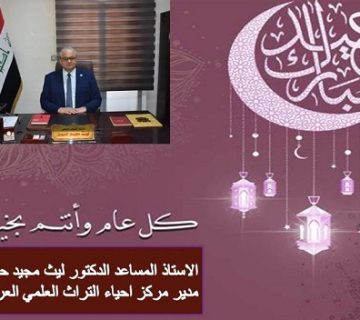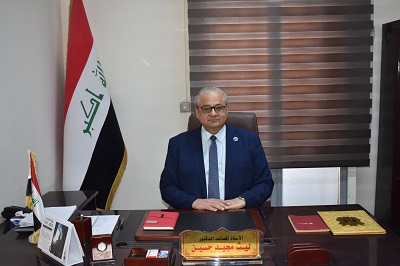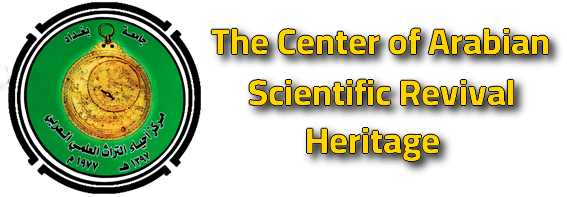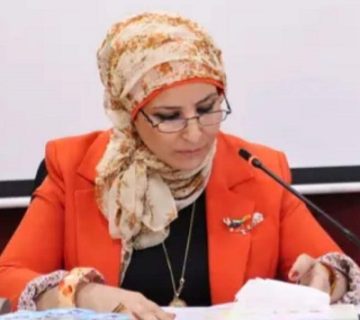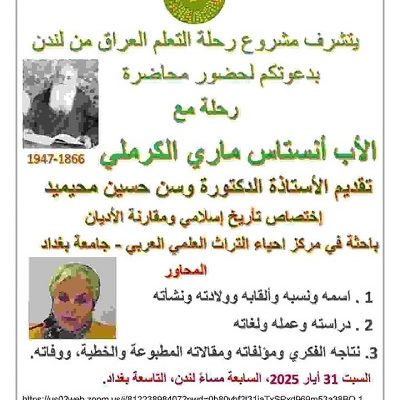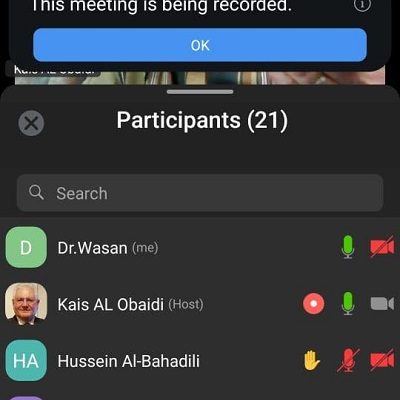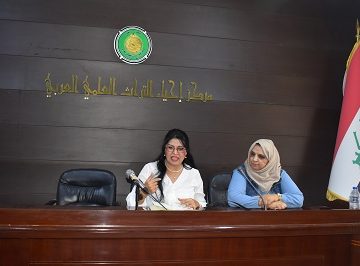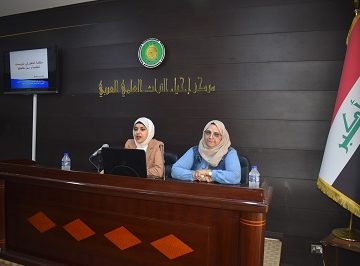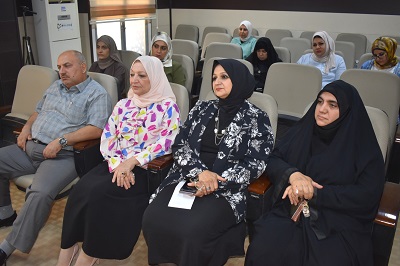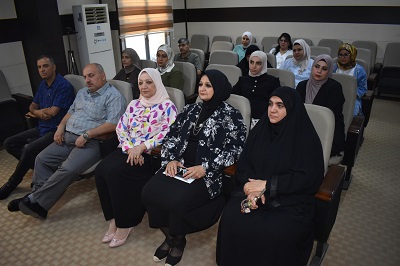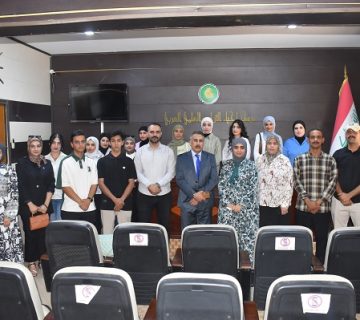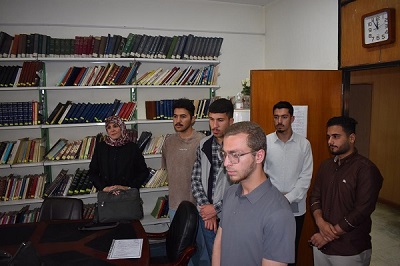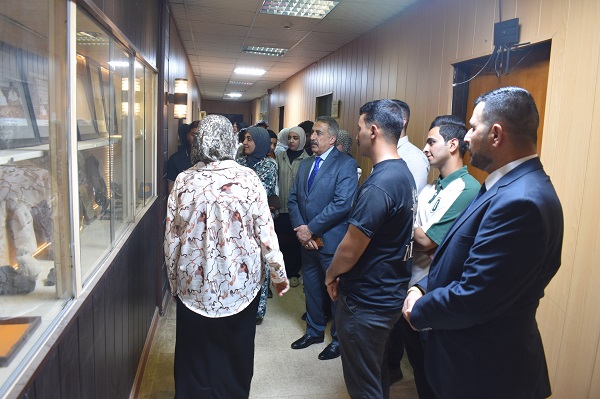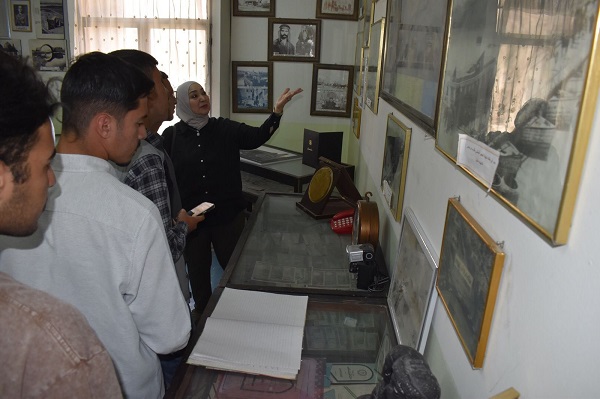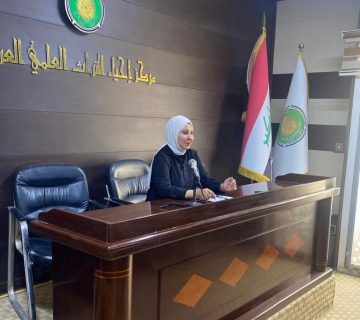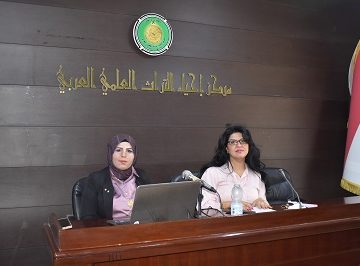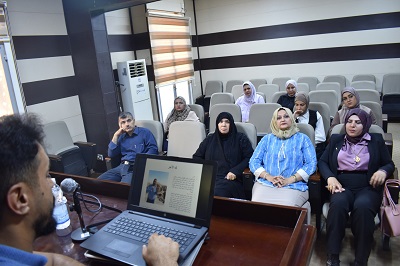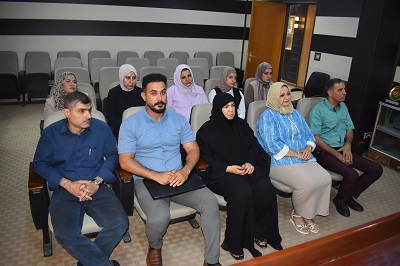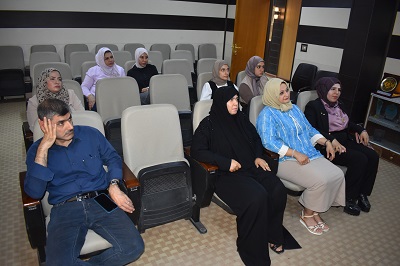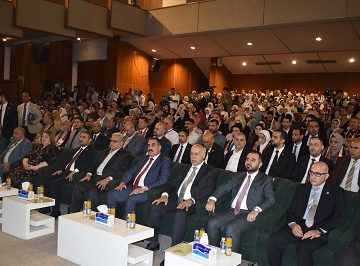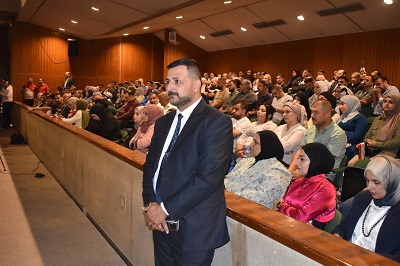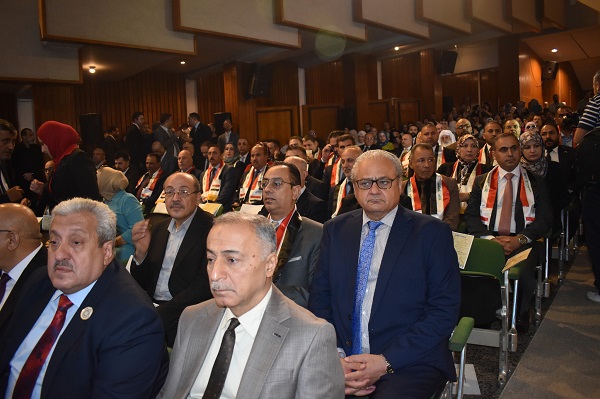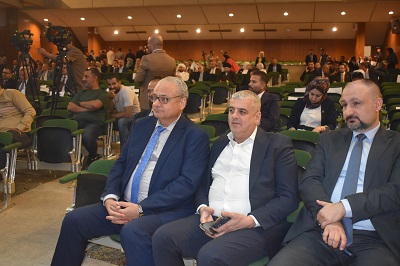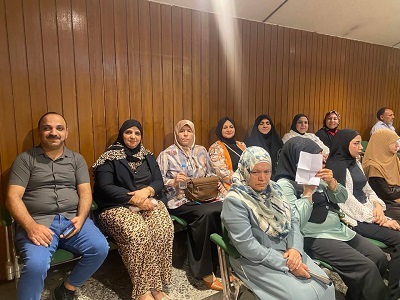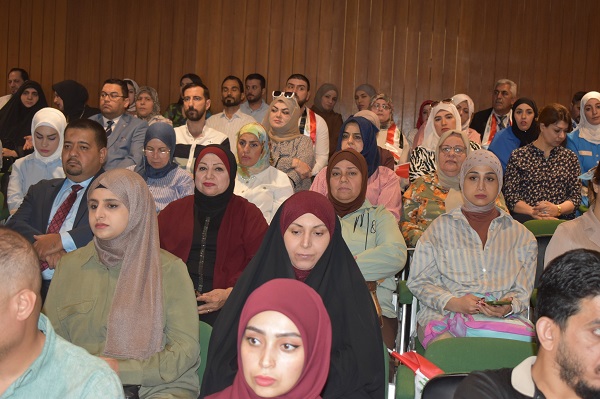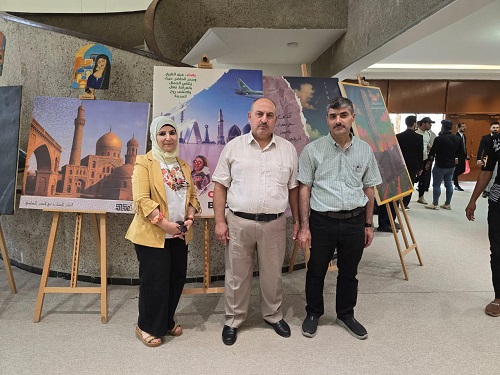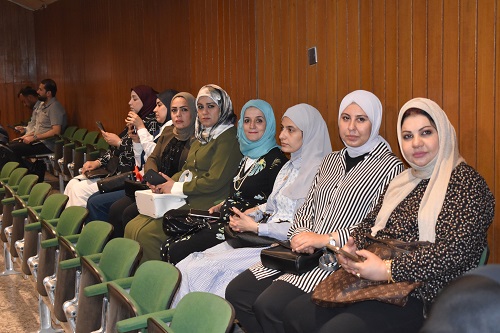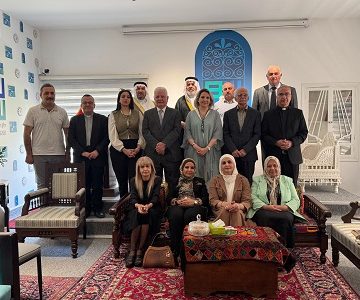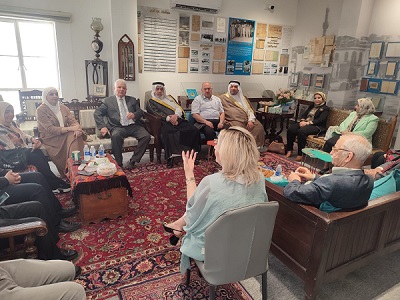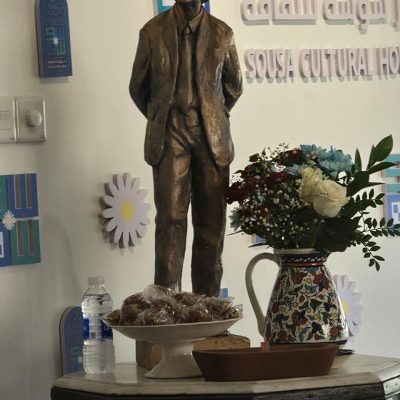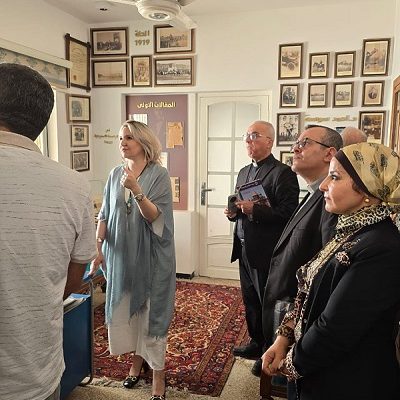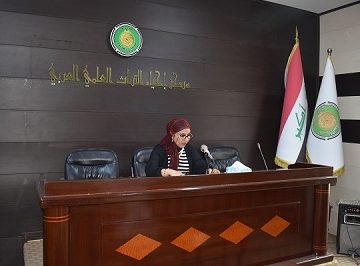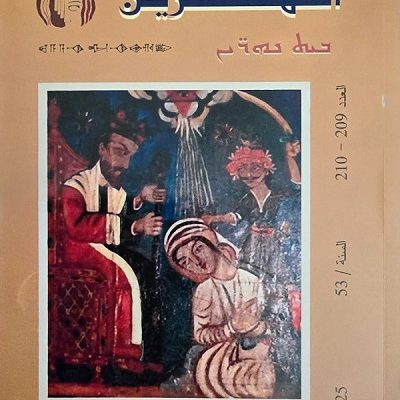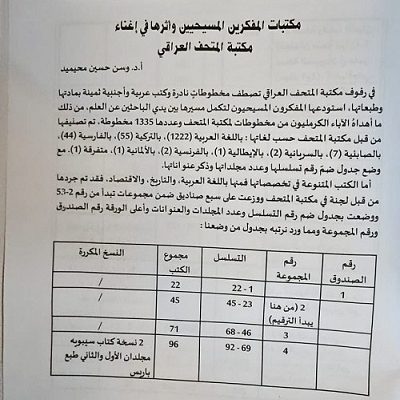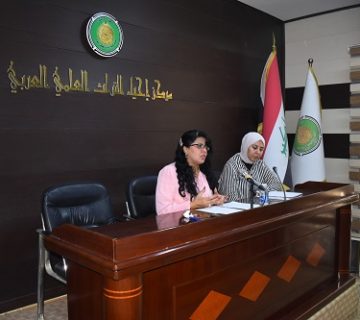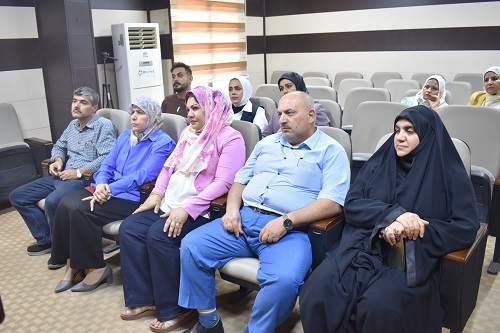Heritage Revival Center Organizes a Seminar “Arab Identity Between Authenticity and Modernity”
Under the supervision of Assistant Professor Dr. Laith Majid Hussein, Director of the Center for the Revival of Arab Scientific Heritage at the University of Baghdad, the Center organized a seminar on Wednesday morning, May 28, 2025, in Professor Nabeela Abdul-Munim Dawood Hall. The seminar was entitled:”Arab Identity Between Authenticity and Modernity” The lecture was delivered by Dr. Zainab Khalid Mohammed, a faculty member at our Center. She spoke about the concept of identity—how it is formed and what its main foundations are. She traced the development of Arab identity beginning in the pre-Islamic era, where pride in identity was expressed through poetry, noble lineage, tribal values, and principles. She then moved on to the emergence of Islam, which adopted Arabic as the core of identity, being the language of the Qur’an and a source of linguistic miracle, and emphasized that the Prophet Muhammad (peace be upon him) was Arab—making Arab identity a point of pride across the world at that time. She continued by addressing the Caliphate period, during which Arab identity fluctuated between chauvinism and openness to other civilizations. Finally, she examined the modern history of Arab identity formation, beginning with the rise of Arab nationalist societies and ending with the fading of the pan-Arab dream due to European colonialism. The researcher emphasized the critical role of the family, local communities, and civil society institutions in preserving Arab identity in the face of globalization, which aims to turn the world into a “small village” and exposes Arab identity to competing global cultures with different traditions, values, and norms.
